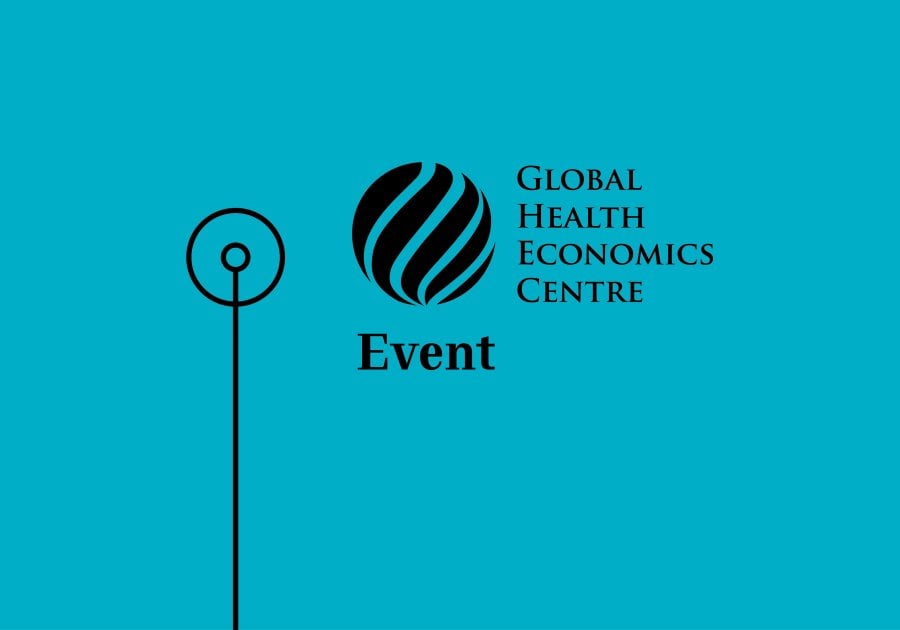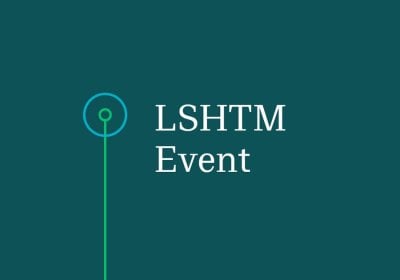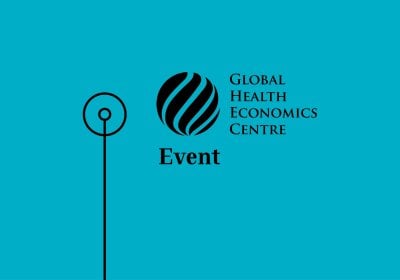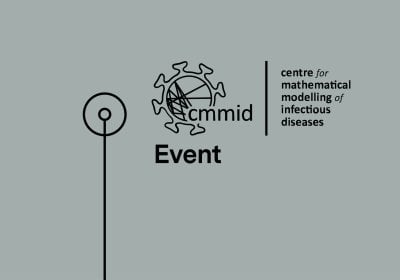Fostering human capital through school feeding and teacher incentives
Exploring how offering school meals to students alongside incentives for teachers improve school attendance, learning gains, and student health.

Despite near-universal primary enrollment, student attendance, learning, and grade progression remain associated with levels of economic development. Constraints on the demand and supply of education may be jointly contributing to poor outcomes. If students are hungry, they may not be ready to learn. If teachers are not incentivised to regularly attend school, the students may have nothing to learn.
We cross-randomised school meals and teacher incentives to study their individual and complementary impacts. We found that both similarly improve attendance and seem to be substitutes, while learning gains only materialise when they are provided together.
School feeding also improves nutrition and mental health. We combined programme impacts and cost data to show how the choice of one policy over the other depends on how much policymakers weigh size versus breadth of impacts.
Speaker
Benedetta Lerva
Benedetta is an economist at the Development Impact Department (DIME) of the World Bank. She is an applied microeconomist whose research spans the field of agriculture and education.
Benedetta received her PhD from the Institute for International Economic Studies (IIES) at Stockholm University, and her MSc and BSc in Economics from Bocconi University in Milan. Before her PhD, Benedetta was a research associate at the research unit of BRAC Uganda in Kampala.
Event notices
- Please note that you can join this event in person or you can join the session remotely.
- Please note that the recording link will be listed on this page when available.
Admission
Contact




